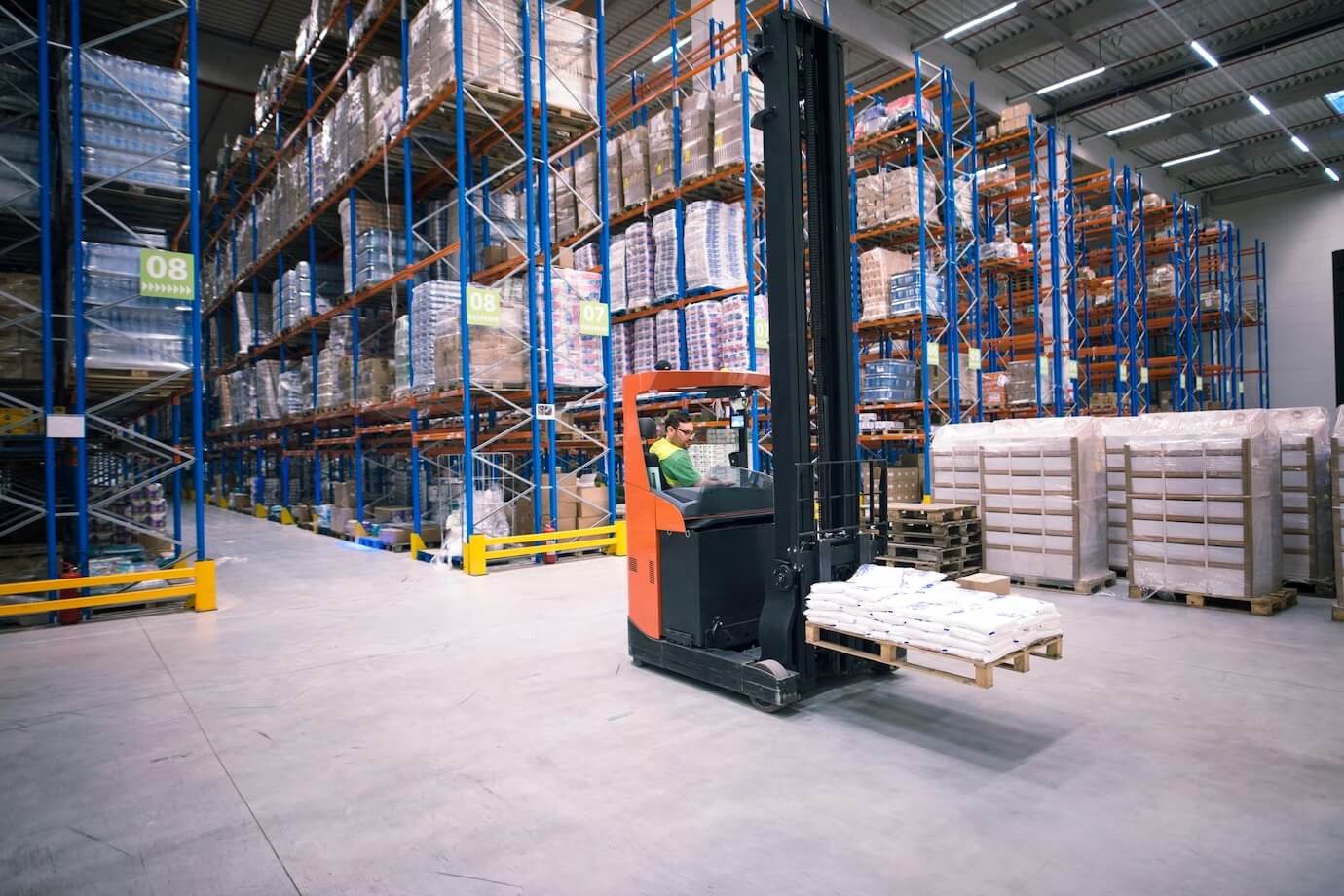


Embarking onto the intricate labyrinth of global commerce, mainly when it encompasses importing or exporting commodities from China, may seem formidable. Known for its noticeable quality in industrial manufacturing, China is an essential community for international commerce, introducing various possibilities for organizations looking to expand their compass. Nonetheless, proficiently transporting commodities to and from this formidable economic powerhouse requires a profound comprehension of logistics, rules, and economically efficient tactics. This all-encompassing manual will delve into the fundamental aspects of guaranteeing seamless, proficient, and economically viable import and export procedures with China, establishing your enterprise for triumph on the global platform.
China’s irreplaceable importance in the domain of worldwide business is unequivocally irrefutable. The worldwide market is significantly affected by the vast modern capacities, broad exhibit of items, and simple joining into the global stockpile organization. Considering our significant capability in planned operations, getting a handle on the complexities of working in China is fundamental.
The most vital phase in your import-export venture is exploring the complex regulatory environment. China has explicit trade laws and guidelines, including import licenses, export consents, and customs methodology. Getting to know these prerequisites is vital to keep away from deferrals, punishments, or even the capture of merchandise.
Securing a dependable logistics service provider in China is crucial for successful international commerce. An excellent logistics collaborator provides economical shipping options and aids in customs clearance, paperwork, and compliance, guaranteeing seamless movement of your merchandise across international borders.
Acquiring expertise in cost management poses a formidable obstacle within global logistics. The endeavour of transporting merchandise from China encompasses a myriad of prospective results, each of which has unique fiscal implications. In cost-effectiveness, sea freight often leads to substantial shipments, whereas air freight boasts its swiftness while paying elevated charges. Through thoroughly exploring diverse shipping methods and routes, one might uncover promising opportunities for cost optimization, especially when delivery timelines are flexible.
Because of continuous technological advancements, China’s logistics industry is quickly transforming. From AI-driven optimization of shipping routes to transparent tracking and blockchain, these innovations are making it more reliable, swift, and dependable to import or export goods from China.
Through the emergence of digitalization, a powerful catalyst that has revolutionized the transportation sector, people now wield an unparalleled abundance of information and control over complex supply chain intricacies. This has significant significance since the supply chain has seen a paradigm-shifting metamorphosis. The use of digital technology for the aims of surveillance, documentation, and customs authorization has the promise of substantially enhancing the efficacy of operations. This could reduce the required documents, expediting response times and yielding cost savings. Further advantages include a decrease in costs.
Negotiating with suppliers and implementing a Cost Effective shipping solution in China can provide substantial financial benefits and improved contractual conditions. Comprehending the intricate subtleties of other cultures and cultivating robust connections are vital for achieving triumph in negotiations. Remaining well-informed on market trends and prices is paramount to getting the most advantageous transaction.
Technology in logistics offers a competitive edge, from GPS tracking to optimized routes to AI and big data for predictive analytics. These technologies possess the capacity to foresee disturbances, manage hazards, and guarantee the punctual conveyance of commodities, a pivotal factor in upholding competitiveness in the swiftly evolving realm of global commerce.
Global trade requires customs and compliance expertise. Understanding tariff codes, determining import tariffs, and complying with export restrictions are complicated. These formidable obstacles may profoundly influence the efficacy and economic viability of trade activities. Enterprising enterprises often seek the guidance of customs brokers or logistics partners. These experts possess the specific expertise to adeptly maneuver through the intricate regulatory terrain, guaranteeing the smooth flow of products across borders with few interruptions and adherence complications. By strategically using their specialized knowledge, firms can diminish the potential hazards linked to customs clearance, enabling a smoother and more effective procedure.
Customs and compliance are crucial, but supply chain strength and agility are crucial to global trade. A robust supply chain relies on careful logistics partner selection, supplier diversification, and contingency planning. Strategic variety reduces commodities flow interruptions from global warfare, natural catastrophes, and other hazards. Regular supply chain audits help companies anticipate and resolve difficulties. Supply chain management requires flexibility. It lets companies quickly adjust to global trade shifts such as changeable demand, supply chain issues, and trade regulations.
Importing or exporting from China is demanding yet advantageous. Businesses may negotiate international trade by learning the legislation, picking the right logistics provider, employing technology, and being sustainable. CNPackSend offers complete international logistics solutions in China with expert guidance. We’ll assist you in handling import and export to ship your items internationally, whether you’re exploring new markets or streamlining commerce. Trust us to enhance global trade with China.





